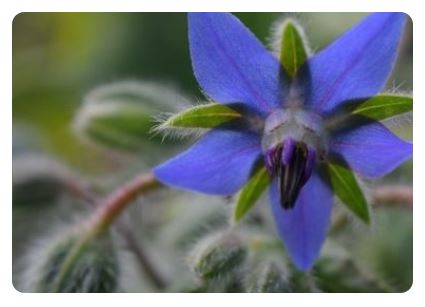We studied the
We studied the country and culture of Japan when I was in seventh grade. One of the things I remember was learning about the honor given to “national treasures.” These were not places or things. They were people- elders who held the language, history and culture. At that time, I was completely unaware that there were more than 350 nations within the US borders who also had national treasures. These Indigenous nations held elders, the keepers of language and culture, in the highest honor.
Today, our school is closed for the day so that everyone can attend the traditional funeral of Phyllis Robertson, one of the national treasures of the Sissetowan-Wahpetuwan Oyate. The last 40 years of her life have been focused on saving the Dakota language and culture, recognizing that once a language dies, so too do the people (oyate).
Although I won’t be able to attend (too much Covid, still), I will honor her memory the same way I have done for the many elders who have passed from Covid during these almost-three years. I will light some sage and sweetgrass. I will sit quietly among (or at least in sight of) trees and wildlife. I will stumble my way through a prayer, written in Dakota, that both gives thanks and, with humility, asks God for protection and resilience.
It’s not that God needs to hear me trying to speak a language that is thousands of years old; it’s that saying the words aloud makes the language continue its journey, its purpose, its work. Though I have “taken” several languages in school (Italian, Spanish, sign language), it was not until I lived here that I understood language to be a living thing.


